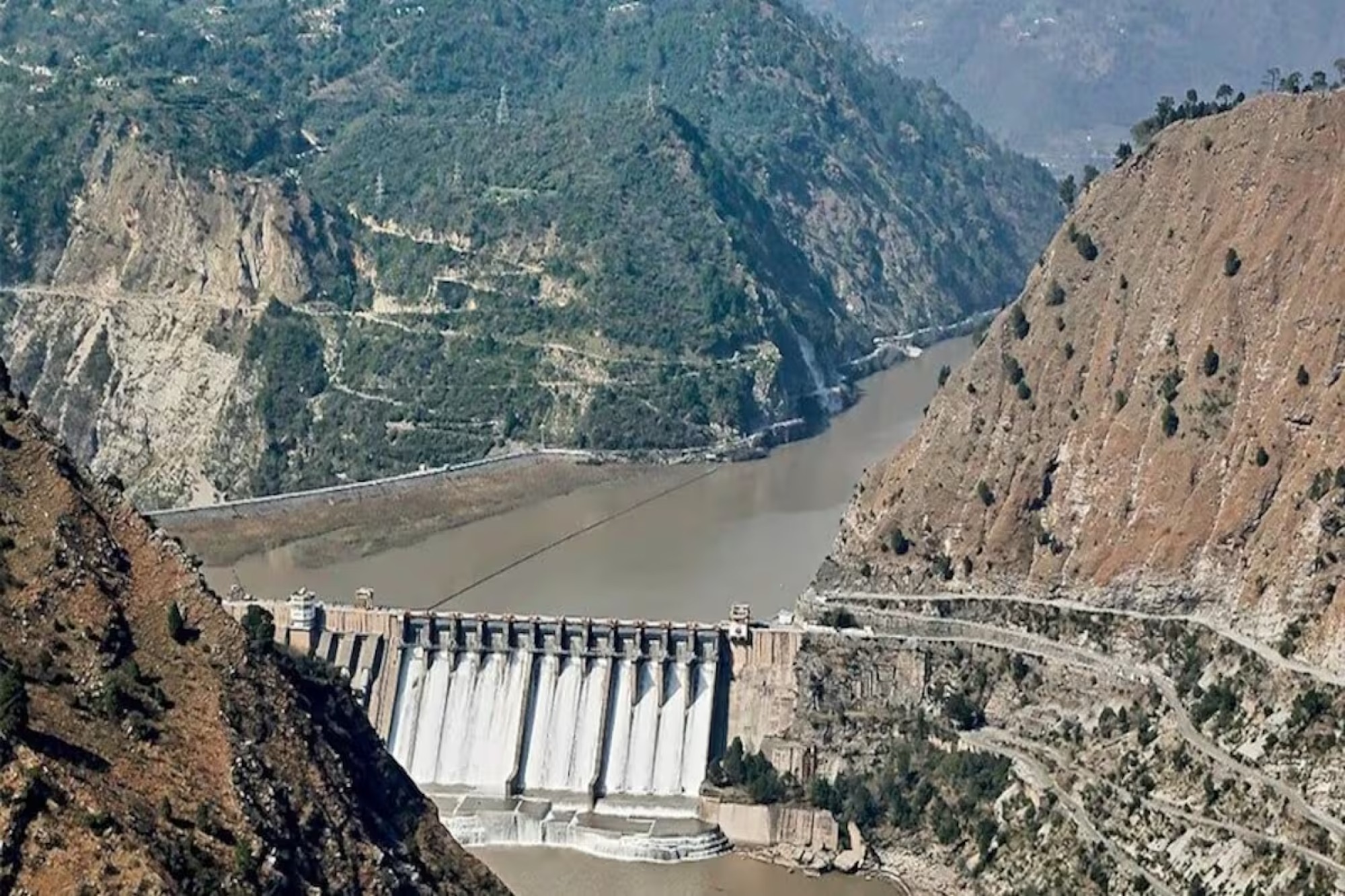Government to accelerate 5 key hydroelectric power projects in J&K
By Staff Report April 29, 2025 11:53 am IST
By Staff Report April 29, 2025 11:53 am IST

The projects identified for fast-tracking include the 800 MW Bursar project, the 260 MW Dulhasti II project, the 1856 MW Swalkote project, the 240 MW Uri Stage II project and the 930 MW Kirthai II project.
In a significant move aimed at boosting energy infrastructure and reinforcing strategic assets in Jammu and Kashmir, the Government of India is set to accelerate the development of five key hydroelectric power projects. This development follows recent high-level meetings convened in the aftermath of the Pahalgam attack and indicates a strategic shift by placing the Indus Waters Treaty (IWT) clearance process in abeyance for these projects.
The projects identified for fast-tracking include the 800 MW Bursar project, the 260 MW Dulhasti II project, the 1856 MW Swalkote project, the 240 MW Uri Stage II project, and the 930 MW Kirthai II project. Collectively, these projects will significantly enhance the hydroelectric generation capacity in the region, playing a vital role in ensuring energy security, economic growth, and strategic self-reliance.
These hydro projects, initially expected to be completed within 3–5 years, are now being pushed forward with expedited timelines and streamlined processes. Skipping the IWT clearance, which historically required consultation and consent procedures under the 1960 treaty with Pakistan, reflects the government’s firm approach to prioritising national interest and regional development over procedural delays.
The decision holds significant geopolitical and economic implications. Not only will the projects contribute to meeting India’s growing energy demands through clean and renewable sources, but they will also strengthen the infrastructure in a region that remains strategically sensitive. The projects are expected to create numerous direct and indirect employment opportunities and stimulate economic activities in Jammu and Kashmir.This move underlines the government’s broader strategy to harness the full hydro potential of Jammu and Kashmir while asserting greater control over its water resources, aligning with India’s long-term goals of energy independence, regional development, and national security.
We use cookies to personalize your experience. By continuing to visit this website you agree to our Terms & Conditions, Privacy Policy and Cookie Policy.